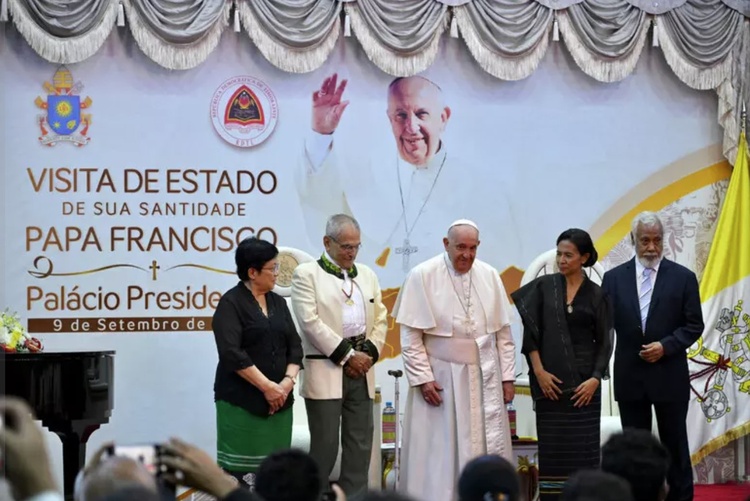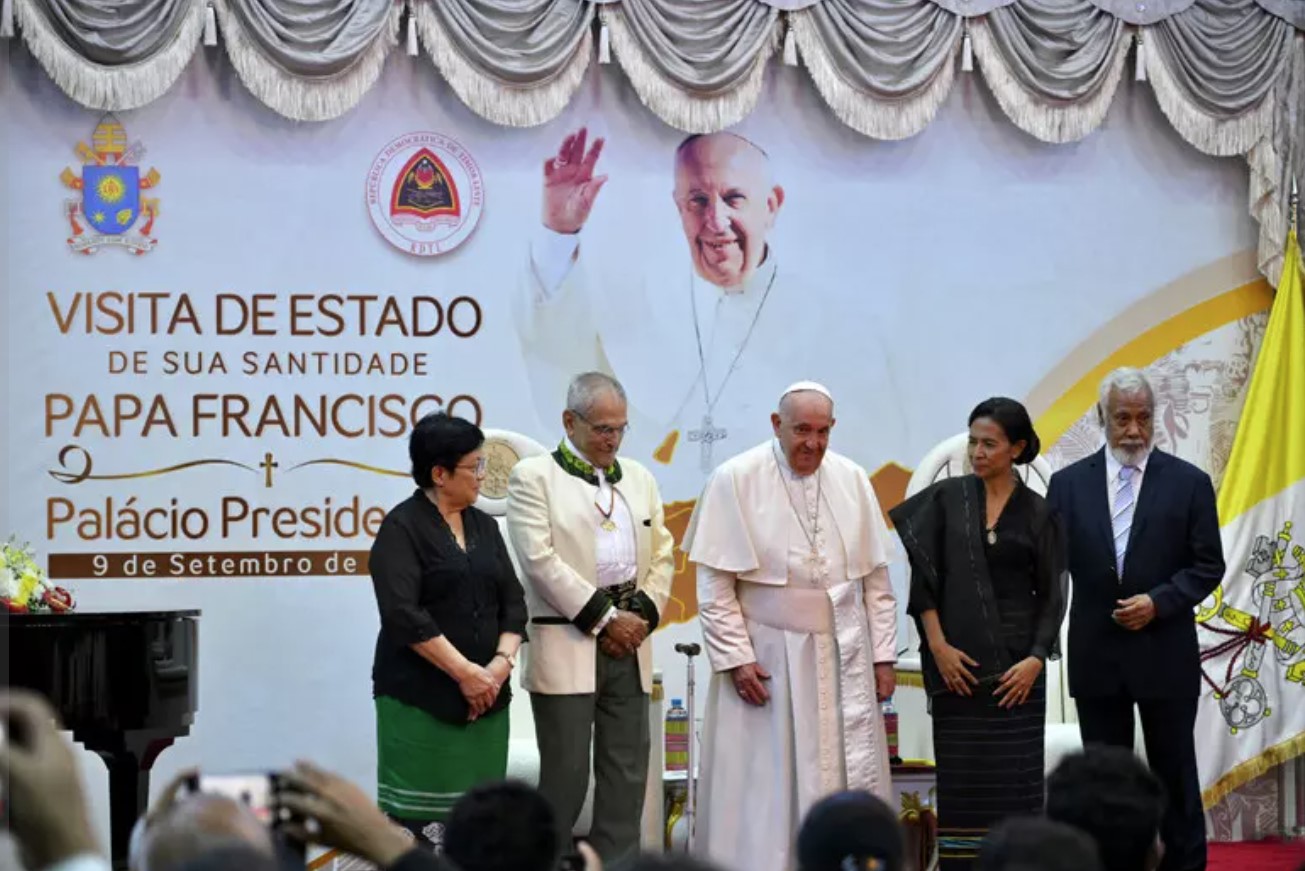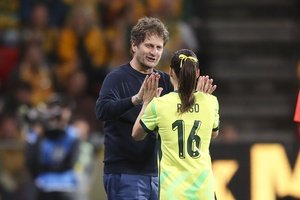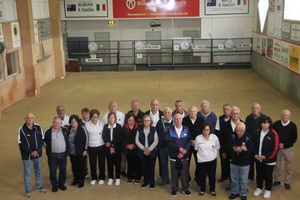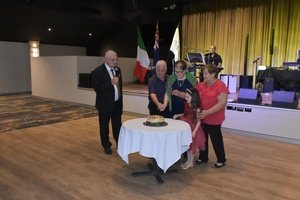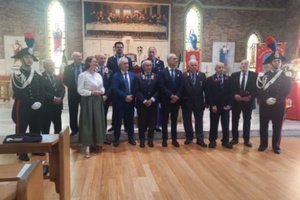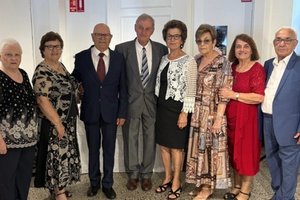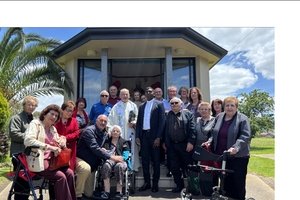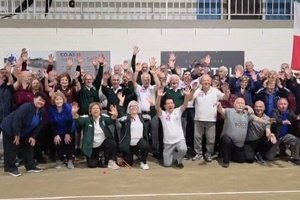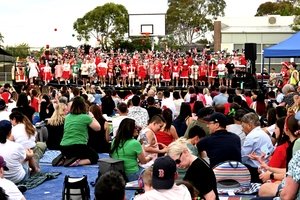Timorese jammed Francis’s motorcade route into town from the airport on Monday, shouting “Viva el Papa!” as he passed by.
The overwhelmingly Catholic East Timor, one of the world’s poorest countries, had eagerly awaited 87-year-old Francis’s arrival, which came on the heels of the 25th anniversary of the UN-backed referendum that paved the way for independence from Indonesia.
It was a far different atmosphere than when the last pope visited.
St John Paul II came in 1989, when Timor was still an occupied part of Indonesia and fighting for its freedom.
After Timorese voted overwhelmingly for independence a decade later, Indonesia’s military responded with a scorched-earth campaign that destroyed 80 per cent of the country’s infrastructure and shocked the world.
As many as 200,000 people were killed during the 24 years of Indonesian rule.
John Paul’s visit helped draw international attention to the plight of the Timorese people and shine a spotlight on the oppressiveness of Indonesia’s occupation.
Francis arrived in Dili from Papua New Guinea to follow in John Paul’s footsteps and open the third leg of his 12-day trip through Southeast Asia and Oceania.
President Jose Ramos-Horta and Prime Minister Xanana Gusmao, two of East Timor’s most revered independence heroes, greeted Francis at the airport and met him privately.
In remarks to them and other dignitaries, Francis applauded the Timorese people for having recovered from their “greatest suffering and trial” to put East Timor on the path of peaceful development.
And he praised them for having reconciled with Indonesia.
But he said new challenges and problems were confronting the country, Asia’s newest, including emigration and poverty, as well as alcohol abuse and violence involving martial arts gangs.
“Let us also not forget that these children and adolescents have their dignity violated,” Francis said.
“In response, we are all called to do everything possible to prevent every kind of abuse and guarantee a healthy and peaceful childhood for all young people.”
It was a generic and indirect reference to “abuse”, but it nevertheless recalled the scandal involving Timorese Bishop Carlos Ximenes Belo who, along with Gusmao and Ramos-Horta, is regarded as a hero for his efforts to support Timor’s independence.
Belo won the Nobel Peace Prize in 1996 with Ramos-Horta for campaigning for a fair and peaceful solution to the conflict.
But in 2022, the Vatican acknowledged it had secretly sanctioned Belo two years earlier for sexually abusing young boys.
The sanctions included limitations on his movements and exercise of ministry and prohibited him from having voluntary contact with minors or contact with East Timor itself.
Despite the sanctions, many people in East Timor have stood by Belo, either dismissing, denying or diminishing the victims’ claims.
Francis’s vague reference to abuse appeared a diplomatic balancing act, acknowledging the abuse but respecting the desires of the government hosting him and sentiment of the local church and Timorese faithful.
The issue is fraught too for the Vatican, since there has been no acknowledgement of what the Vatican knew and when about Belo.
John Paul allowed him to retire as head of the Timorese church two decades early in 2002, at 54, but he was then sent to Mozambique, where he worked with children.
Only about 20 per cent of East Timor’s people were Catholic when Indonesia invaded in 1975, shortly after Portugal abandoned it as a colony.
Today, some 98 per cent of East Timor’s 1.3 million people are Catholic, making it the most Catholic country in the world outside the Vatican.
Francis will celebrate that heritage on Tuesday especially, when he celebrates a Mass on the same seaside esplanade where John Paul celebrated Mass in 1989 and encouraged the Timorese people.
Ramos-Horta and the Vatican expect more than 700,000 people to attend the event.
AAP
